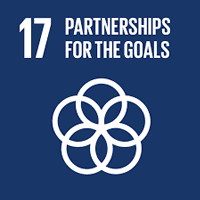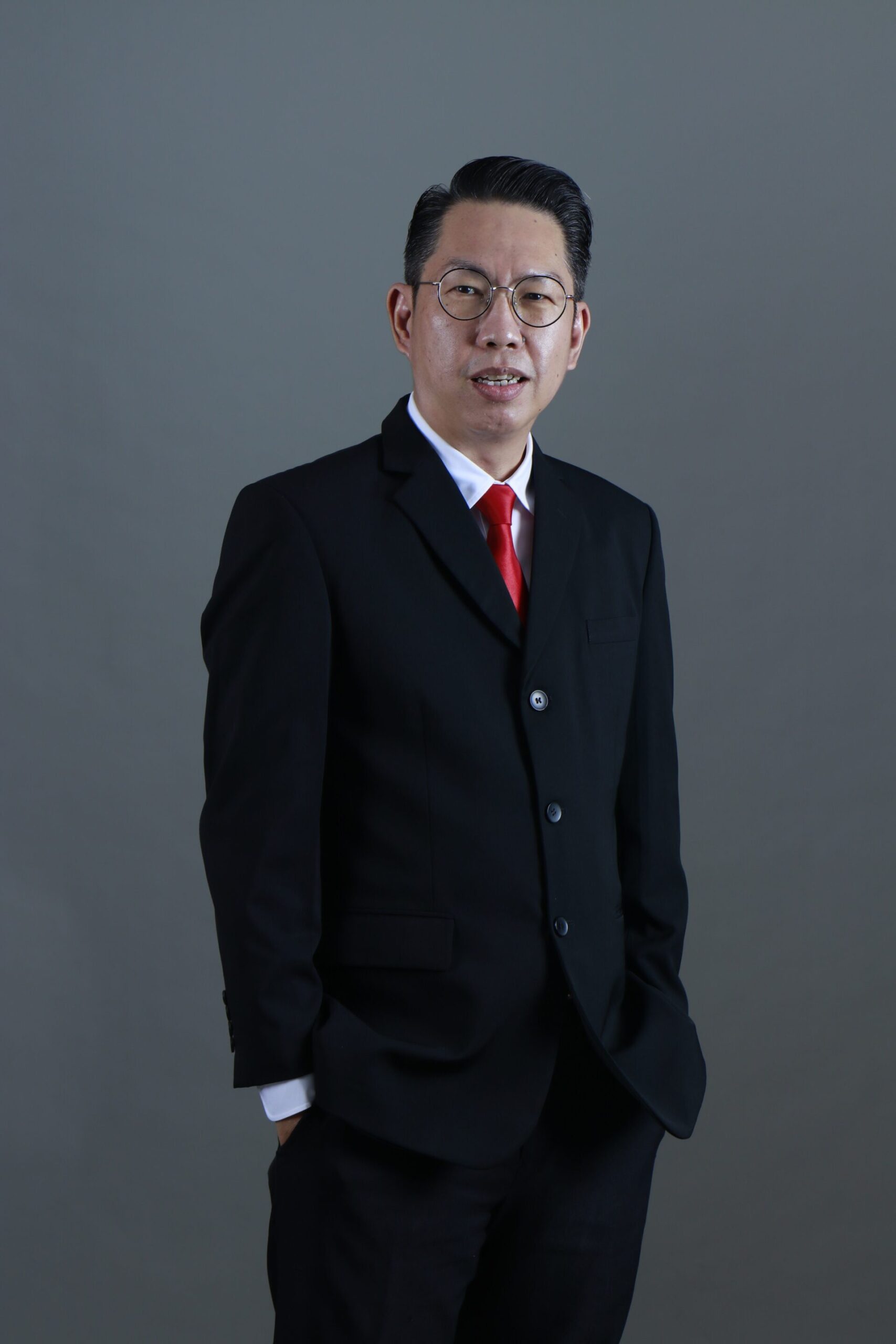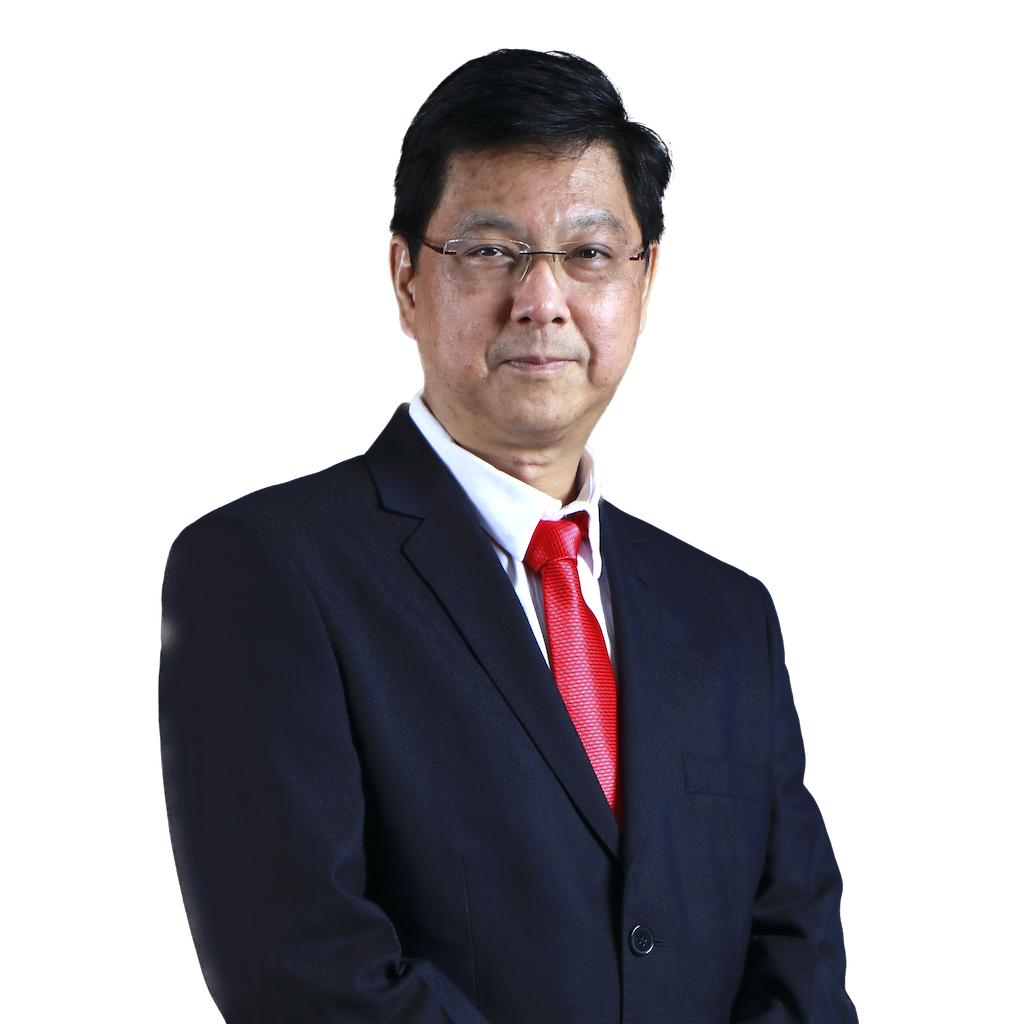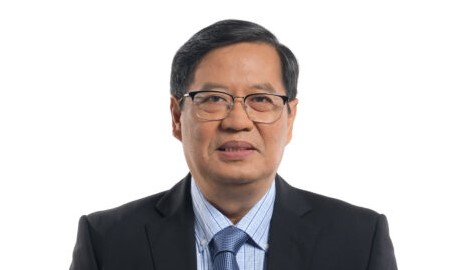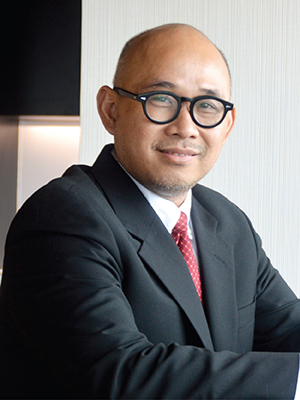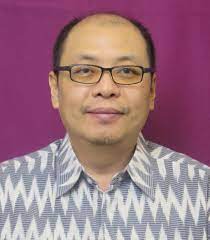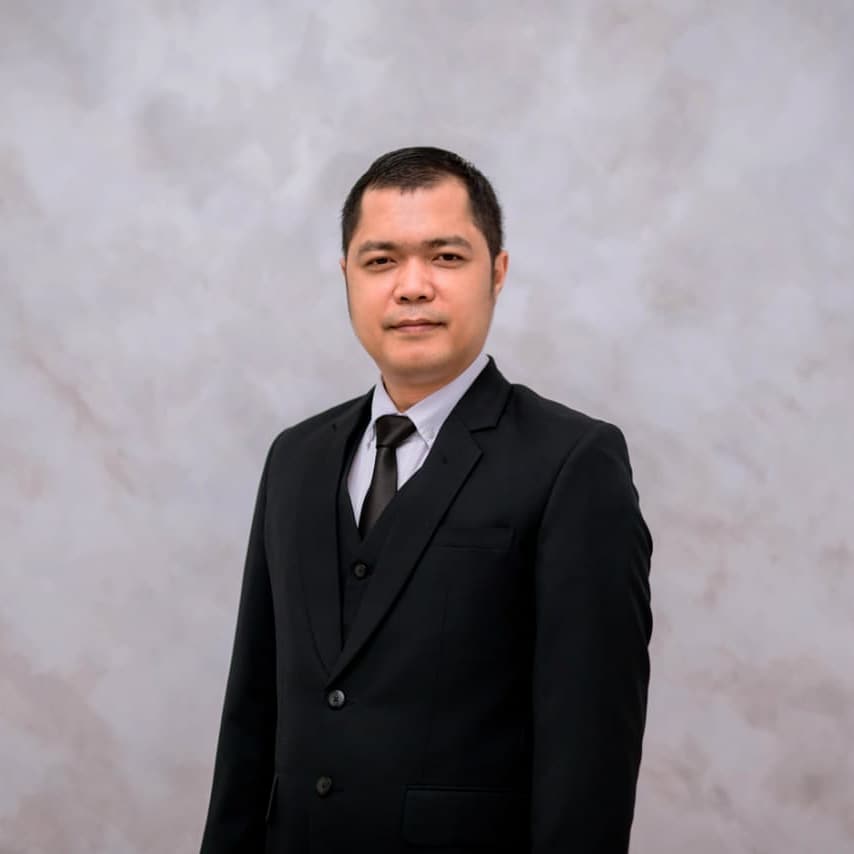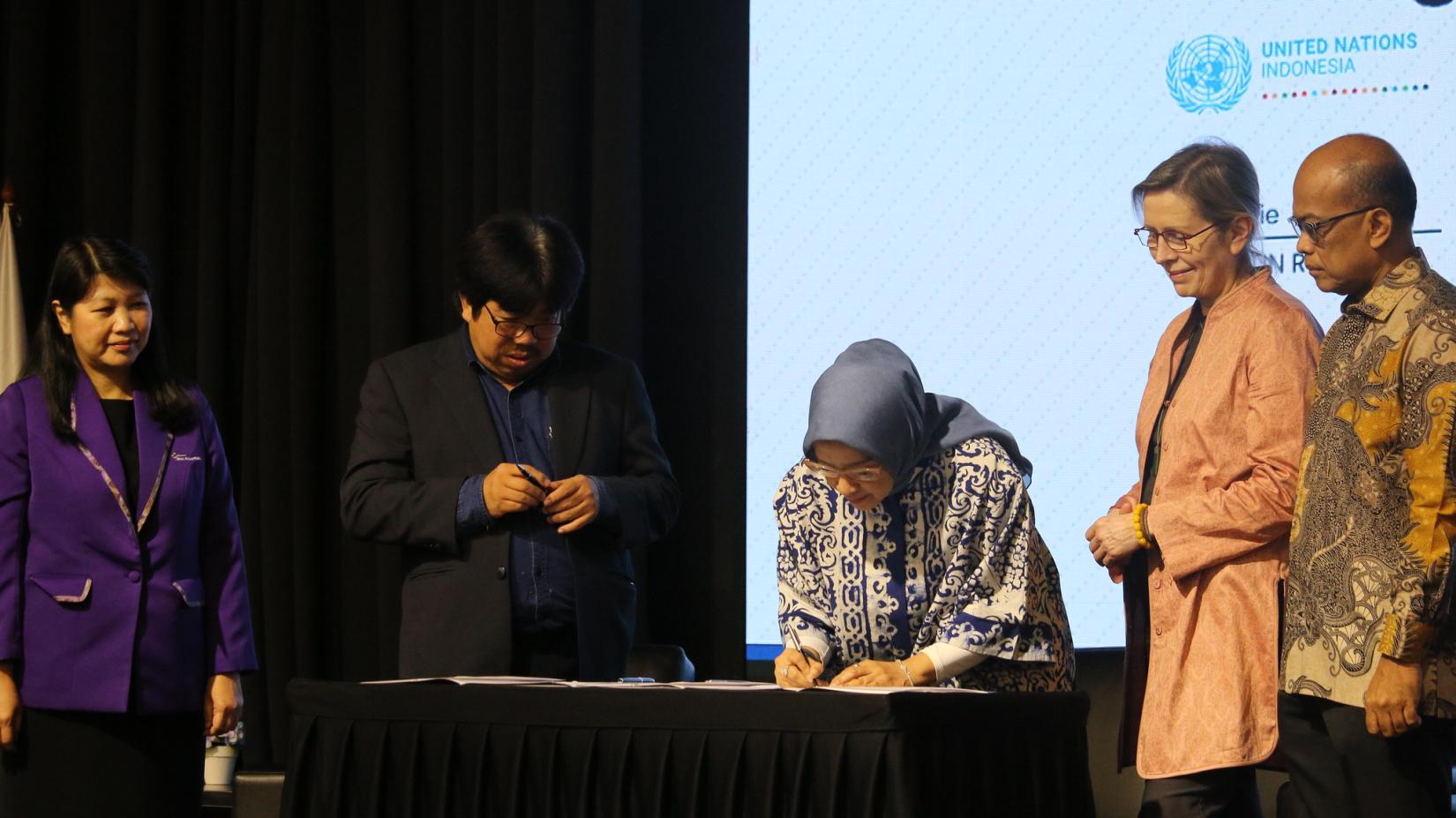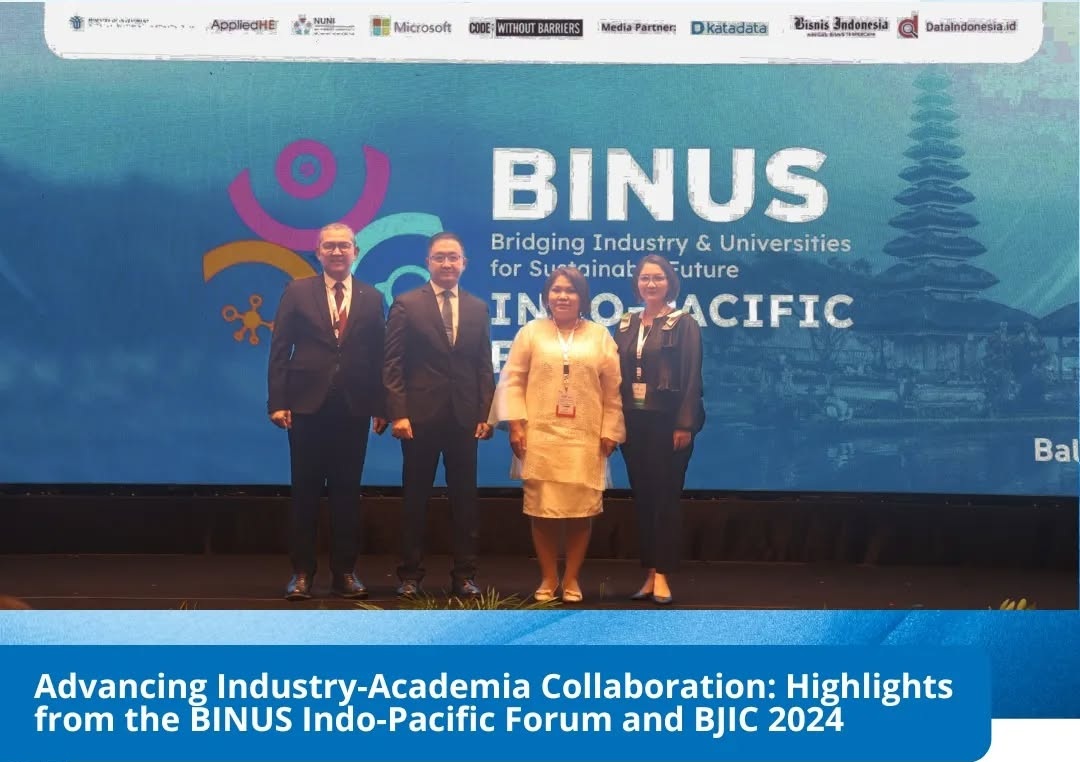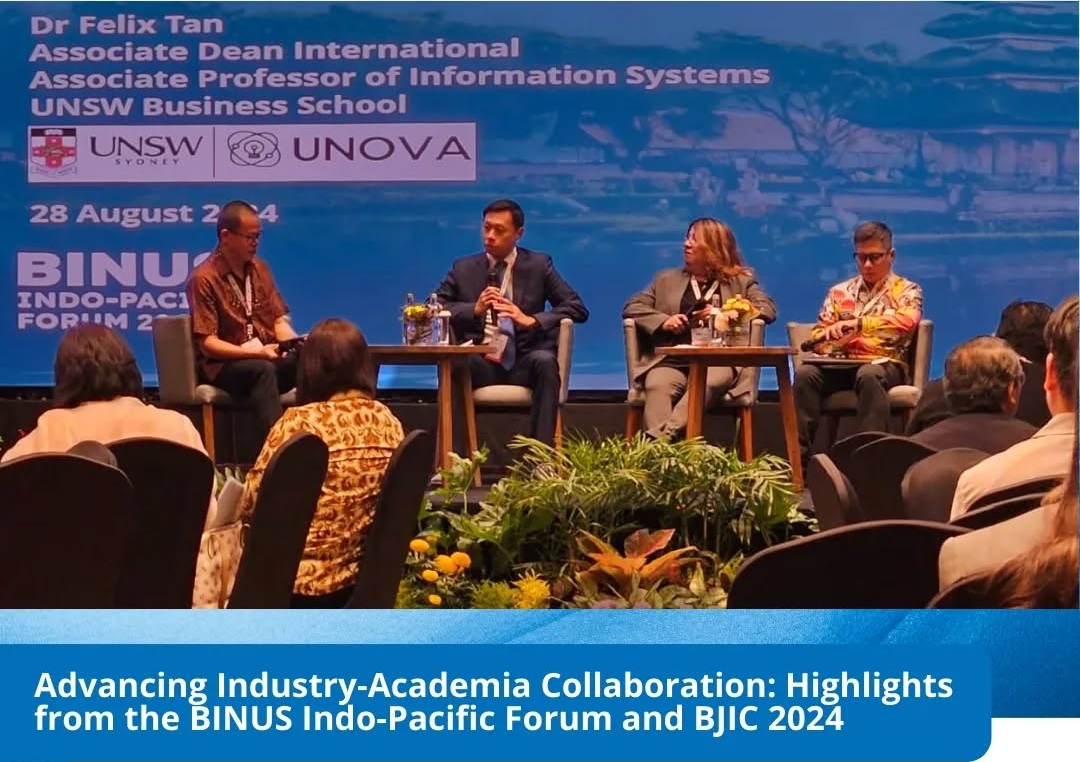BINUS University, through international collaboration and research, actively reviews comparative approaches and contributes to the development of international best practices in tackling the Sustainable Development Goals (SDGs).
In 2024, BINUS engaged in several impactful international initiatives aimed at addressing real-world SDG challenges across education, climate action, sustainable urban development, and engineering innovation. These efforts focused not only on theoretical frameworks, but also on practical implementation, community impact, and policy-relevant solutions—all through global academic partnerships.
1. Enhancing Faculty Capacity through Global SDG Pedagogy (June 2024)
BINUS co-hosted the UN SDGs Open Pedagogy Summit – Asia Chapter with Montgomery College (USA) and other members of the Passage to ASEAN (P2A) and Nusantara Higher Education Network (NUNI). This initiative tackled SDG challenges by equipping educators across Asia and the U.S. with innovative teaching strategies that integrate real-world SDG issues—such as poverty, inequality, waste management, and access to education—into student-centered assignments. These assignments encouraged students to collect local data, propose community-based solutions, and reflect on global comparisons, fostering a deeper understanding of how different countries address SDG-related problems.
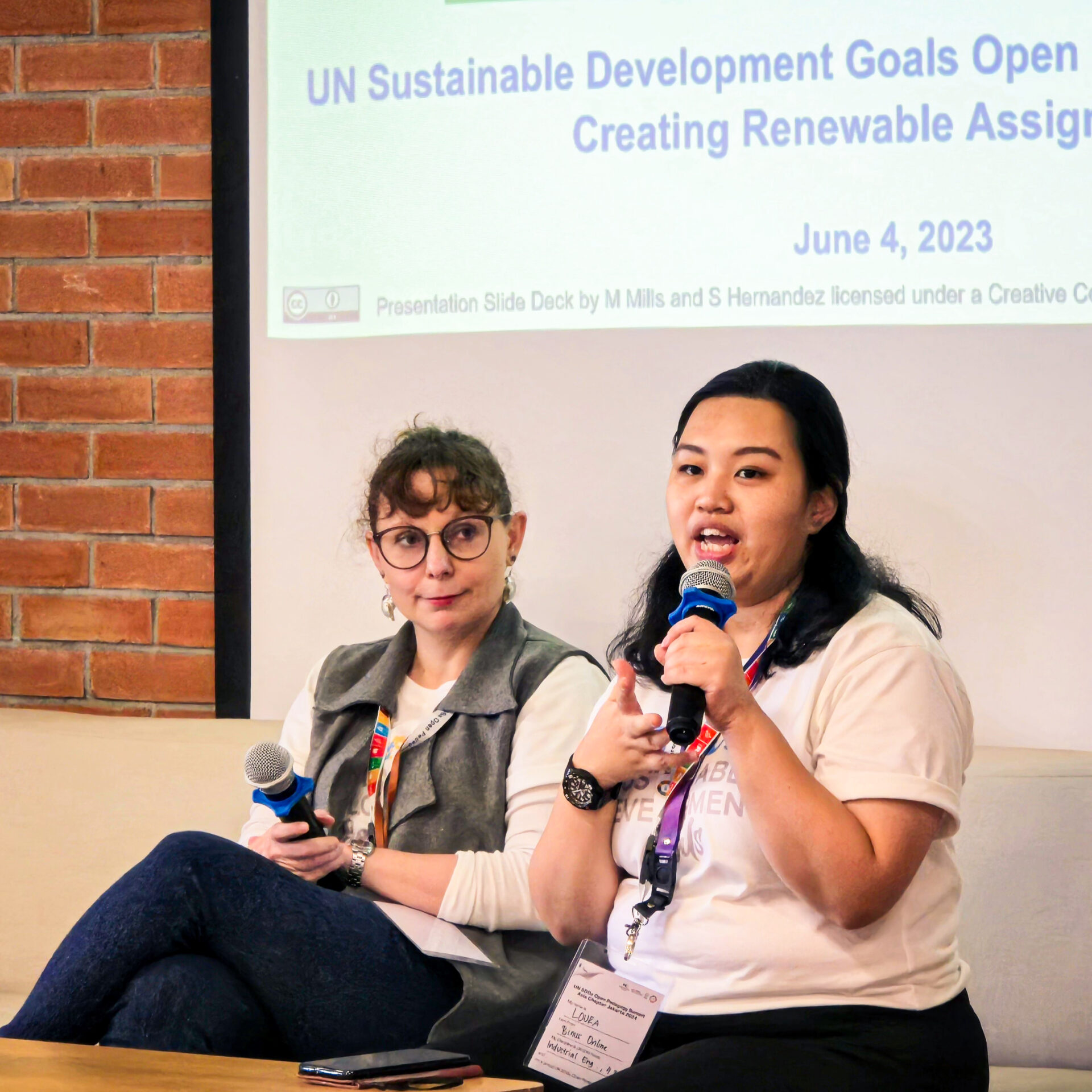
2. Advancing Best Practices through International Conferences
Through ICEED 2024 and ICEZ 2024, BINUS facilitated academic dialogue and cross-country comparison on critical SDG domains:
-
ICEED 2024 addressed challenges in climate resilience, renewable energy, and eco-engineering. Researchers from different countries shared solutions for sustainable infrastructure and environmental technology.
-
ICEZ 2024 focused on sustainable city development, green technology, and digital innovation. Case studies and data presented at the conference enabled institutions to benchmark practices, identify gaps, and refine strategies for urban sustainability.
These conferences did not just share knowledge—they actively tackled SDG problems by proposing measurable strategies, innovative designs, and data-backed policy recommendations.
3. Recognition for International Research Collaboration (BRIN, 2024)
In recognition of its strong global research networks, BINUS was named one of Indonesia’s top institutions for international collaboration by BRIN. This distinction reflected BINUS’s high number of international co-authored publications on topics related to sustainability, environmental resilience, and social development—directly contributing to comparative analysis and best practice development in SDG implementation.
BINUS University’s international initiatives go beyond academic exchange—they serve as collaborative efforts to directly tackle global SDG challenges through data-driven research, education reform, policy-relevant findings, and actionable solutions. From climate resilience and green innovation to education access and community empowerment, BINUS is actively shaping best practices that respond to SDG priorities both in Indonesia and globally.




